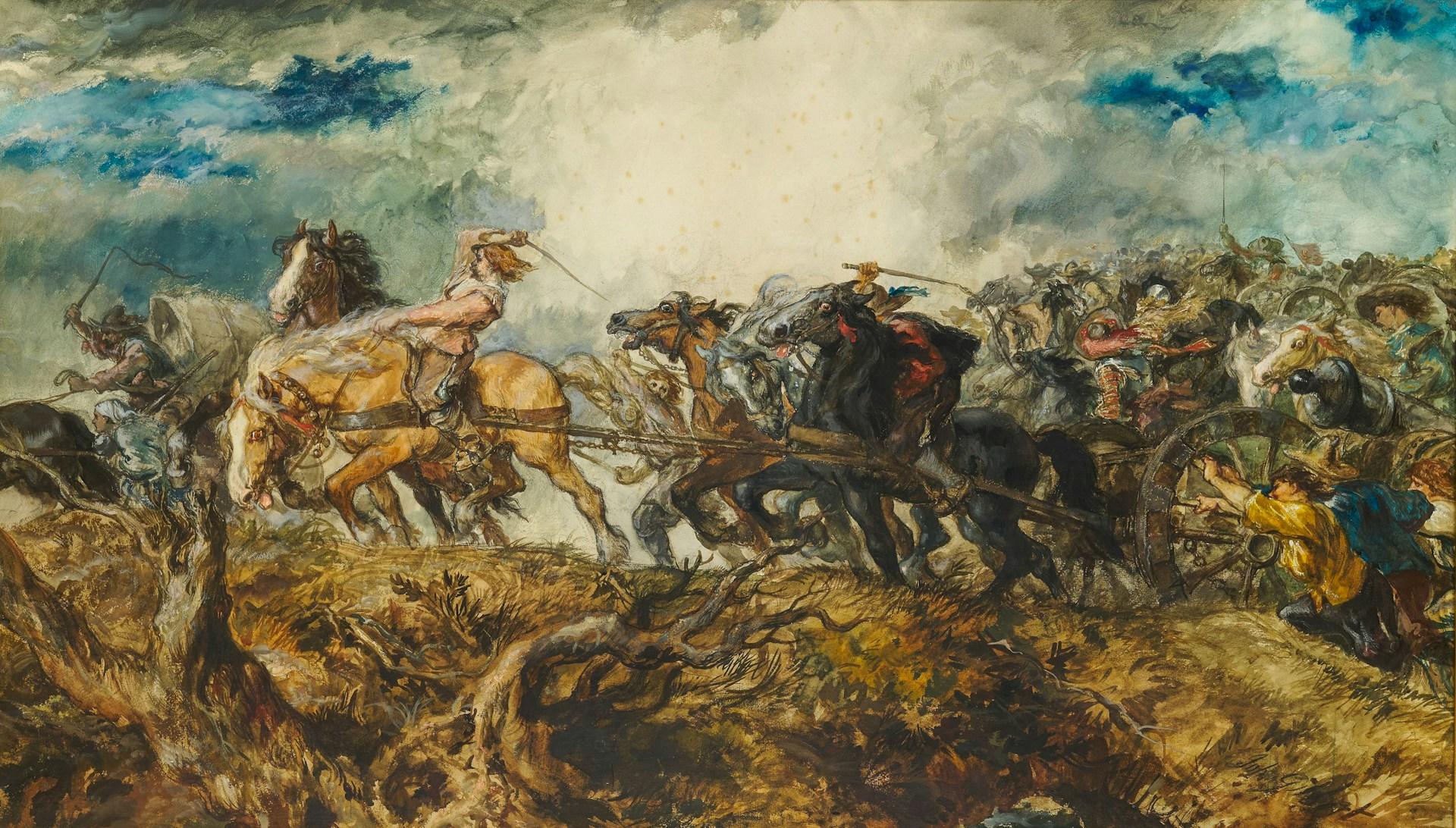From writer's block to manuscript, the desire to write is a widely shared desire, one which involves a ton of steps – especially when it comes to constructing a novel. Back in 2013, a study actually showed that the UK published the most books per capita!
While publishing is a childhood dream for many people, it is not something that can be achieved with a snap of the fingers. Writing a book is an art, and from the creation of its characters to the guaranteed flawless manuscripts, making your first novel sometimes requires a bit of experience, a lot of discipline and a ton of love.
Are you interested? Here are all our tips on how to start writing a novel!
How to Find Your Writing Style?
When it comes to writing a novel, the question of style is paramount.
It’s easy to get lost in the process, but don’t forget that if your goal is to publish your book, it is something that is intended to be read. It is therefore essential to determine the target audience: is it a novel for young people? Is it a science fiction novel? Historical?
Knowing your readers will ensure that your novel can be one that will be read and reread with no doubt about its style and consistency.
To find their writing style, some people who are avid readers may take inspiration from other authors. Try to pinpoint what it is exactly that you like about a specific author’s writing style. This can be a bit hard at first but start with a specific sentence or word that strikes you.
It goes without saying that an impeccable style is a style (unless there is a reason to do so) without spelling and grammar mistakes. What could be worse than reading an eBook full of awkward turns of phrase and spelling errors?
Developing a literary style also means knowing how to leave room for improvisation, for the absence of real rules, in order to give yourself every chance of producing an original book that reflects you.
Our teachers are here to guide you on how to write a novel!
Writing a novel is a big challenge! Getting the assistance of an English tutor can help you to refine your idea and develop your plot effectively.

How to Publish Your Novel?
From self-publishing to publishing houses, being a novelist means being published in any way and can open up many doors for your career.
First of all, knowing how to publish a novel also means knowing what themes and questions your manuscript answers: is it a fantasy book? A biography? All these elements will help you target the publishers to whom you wish to send your book.
Yes, the question of the publishing house is crucial in order to manage to get published. Not all publishing houses are alike and knowing their editorial line as well as possible allows you to address the right people and not waste anyone's time.
The best way? Read a few books from the house you are targeting, to make sure your manuscript ticks all the boxes for inclusion in the programme.
In addition, personalizing each manuscript submission seems to be a good idea, especially in the cover letter. Specify the authors of the house who inspired your submission, give the desire to read your manuscript as an echo of a book already on their roster, etc.
They receive dozens of manuscripts every day, and you won't be the first to write a novel you think is publishable. From the title of the book to the reception, there is no universal recipe for being a writer!
There are now several online platforms, from Kindle, Kobo, iBooks and more – there are dozens of publishers who will allow you to publish a book in paper format without going through a traditional publisher.
Are you done writing the book? All that's left to do is to take action!
Hire an English tutor to help you work on your novel.
How to Create a Character in a Novel?
One of the hardest things, from your first book to the thirtieth manuscript, is sometimes (often) writing good quality characters.
Writing fiction in with good characters often means disassociating them from your own person. A beginning writer will sometimes want to write all their characters based on their own experiences. While that’s a great start, you should also be comfortable writing from different points of view.
In addition, it is important to remember that when writing a novel, every character, even secondary ones, has a role to play in the plot. Of course, some protagonists are more prominent than others, but all of them must have an interest, a symbol, a role, so that the novel does not end up reading as disparate.
And if each character has a literary role, it must not be a walking cliché. Unless it is deliberate, each character does not represent an archetype, but rather a set of complexities, which makes the reading interesting for the reader.
And if a novel can be interesting, it is also because the characters reflect powerful things to the reader. The character can obviously be like us but can also be the opposite of who we are, of what we think.
In this, a fictional character that is believable doesn’t have to be the protagonist – or even a “good” person. You can love the character of a heartless, thieving villain and not be one yourself. The important thing is that it all goes together: credibility above all!
Talking about oneself does not always serve the novel. Finally, for a character to be as credible as possible, it is essential to build a language for them, a way of writing the story they represent. This is more or less the same as style, but you must not forget that each character is an entity in its own right.
This must therefore be reflected in the language, which will give the novel a certain complexity, or rather: a real linguistic richness. And remember, the story is at the centre of it all!
You can discuss your character's arc with your English tutor to fine tune your ideas.

How to Create a Story for Your Novel?
Creating a story for your novel is obviously one of the necessary bases for it to be viable and enjoyable to read. Because yes, very often, you don't just read sentences, you read a world that corresponds to the structure of the book in question.
A book can thus be built around a real inspiration, which can be built by reading other books, by discussing with relatives to write on a specific theme, or simply by researching its subject. This informative, documentary aspect should not in any way detract from the viability of the story.
Yes, writing a chapter is all well and good, but if it doesn't echo anything else in the book, if it doesn't capture the reader by its context, it will quickly be put aside.
This is also the reason why some writers set up an outline, to give structure to the story, and to see where they are at. Making an outline ensures that you have a backbone to follow, but other writers prefer to be inspired by the moment. All that's left is to give real space to rereading and rewriting to make it all fit together.
The essential question is to plan or not plan?
Often, writers start by having a basic plan that they intended to follow from beginning to end. But the moment of writing remains an unpredictable moment, and any plan, although it can serve as a basis, doesn’t have to be followed to a T.
Consistency also addresses the issue of narrative point of view. It is important that this does not change during the course of the story: if you have decided to have your protagonist speak in the first person, the change of point of view should be clear to the reader. Otherwise, it is better not to change it, so as not to disturb the reading flow.
The characters are also key figures that need to be fully fleshed out to make the story as attractive and believable as possible. From their temperament to their actions, via the socio-cultural context, everything must be taken care of to perfection.
This will help to avoid writing irrelevant things, and, who knows, forge a future bestseller. Practising writing characters can be a good idea, as well as making summary sheets about their lives. How many pages? It doesn't matter, the idea is that when you start writing, you know which character has which role, and that writing a story is as fluid as possible for you.
That brings up a question of the first few pages. Some say the beginning page, even the first sentence, is the most important piece of the novel! Those first few moments will help the reader determine whether or not they want to keep reading.
The next step is, of course, proofreading. Mistakes are not always obvious when you are personally involved in writing your book. And why not have it proofread by people you trust? Writing your story also means learning how to have it read, so that you can complete your writing in the best possible way.

Summarise with AI:

























